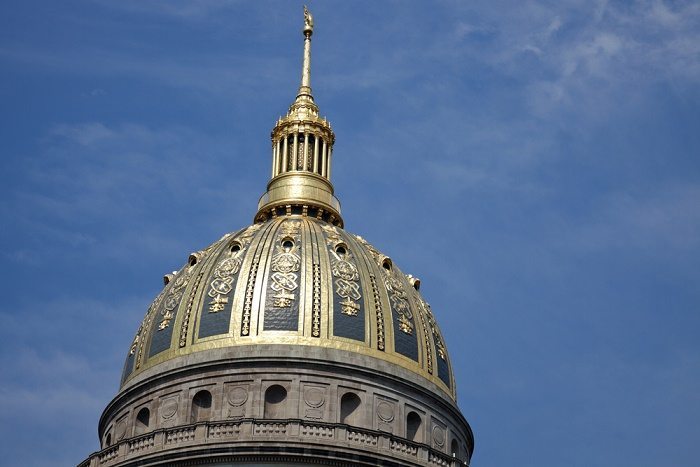20-Week Abortion Ban Sent to West Virginia Governor’s Desk
The West Virginia Senate last week passed a bill that would ban abortion after 20 weeks, four weeks before a fetus is widely recognized as “viable,” the standard for legally-protected abortion in the United States.

The West Virginia Senate last week passed a bill that would ban abortion after 20 weeks, four weeks before a fetus is widely recognized as “viable,” the standard for legally-protected abortion in the United States.
HB 2568, passed by the state house earlier this year, was approved by a vote of 29-5 in the senate. It was sent to Democratic Gov. Earl Ray Tomblin’s desk for approval on Monday. The bill, called the “Pain-Capable Unborn Child Protection Act,” would outlaw all abortions after 20 weeks’ gestation, except in cases of medical emergency or when a lethal fetal anomaly has been diagnosed.
The bill makes no exception for pregnancies that are the result of rape or incest.
A 20-week abortion ban was also passed by the state legislature during the 2014 session, but was vetoed by Tomblin, who at the time called the bill “problematic because it unduly restricts the physician-patient relationship. All patients, particularly expectant mothers, require the best, most unfettered medical judgment and advice from their physicians regarding treatment options.”
Tomblin told reporters this year that he would veto any new 20-week ban legislation if it came to his desk, according to the Associated Press. But a simple majority is needed to overturn his veto, and Republicans control both state legislative chambers.
The legislation passed last week in West Virginia shares its name with a handful of bills introduced in other states this year, including South Carolina, Virginia, Oregon, and Maryland.
A 20-week ban was also introduced in the U.S. Congress this year but was pulled after GOP lawmakers, mostly women, voiced concern that the bill provided no exception for rape or incest.
